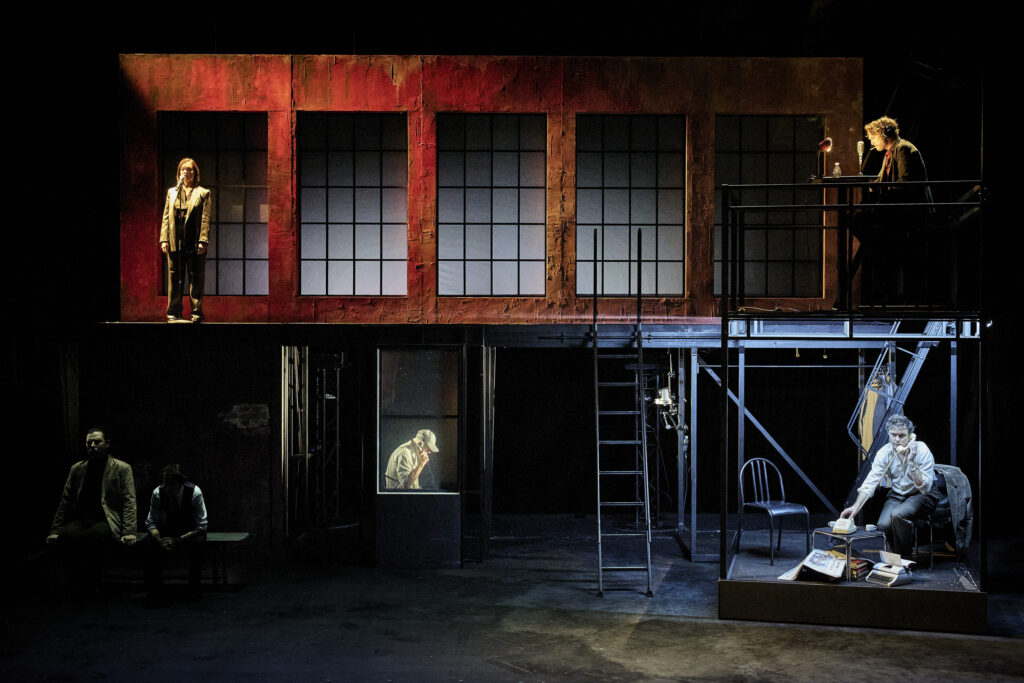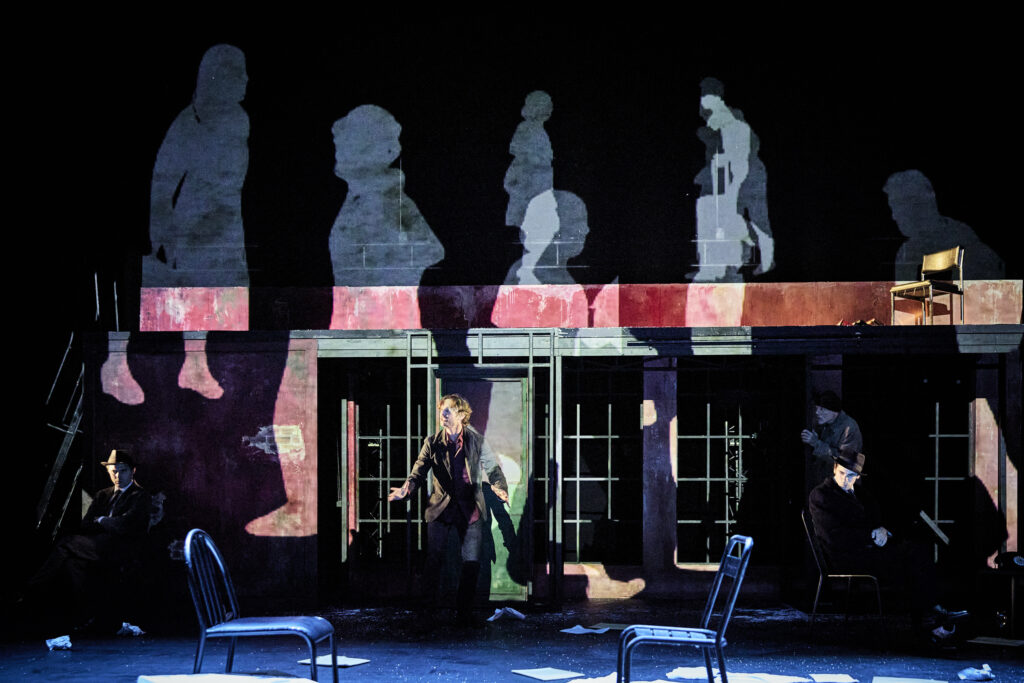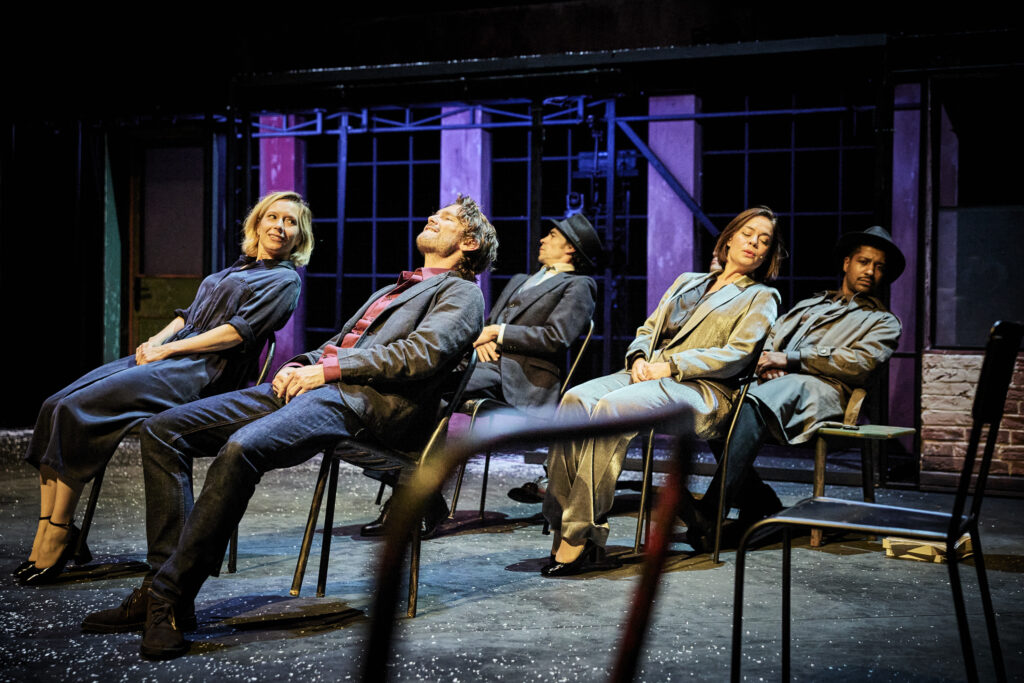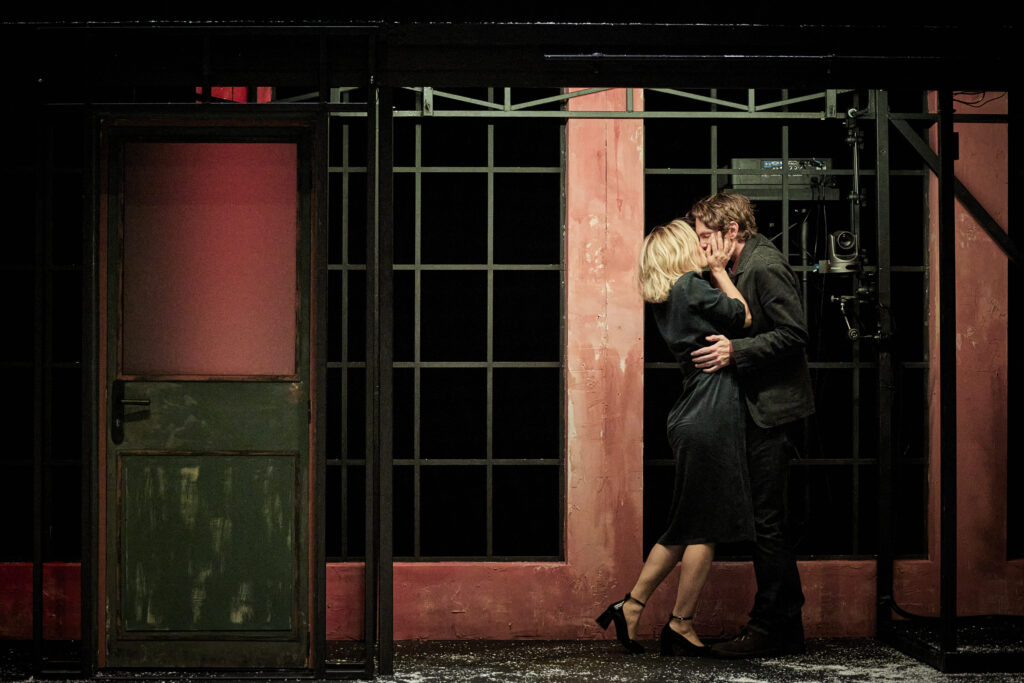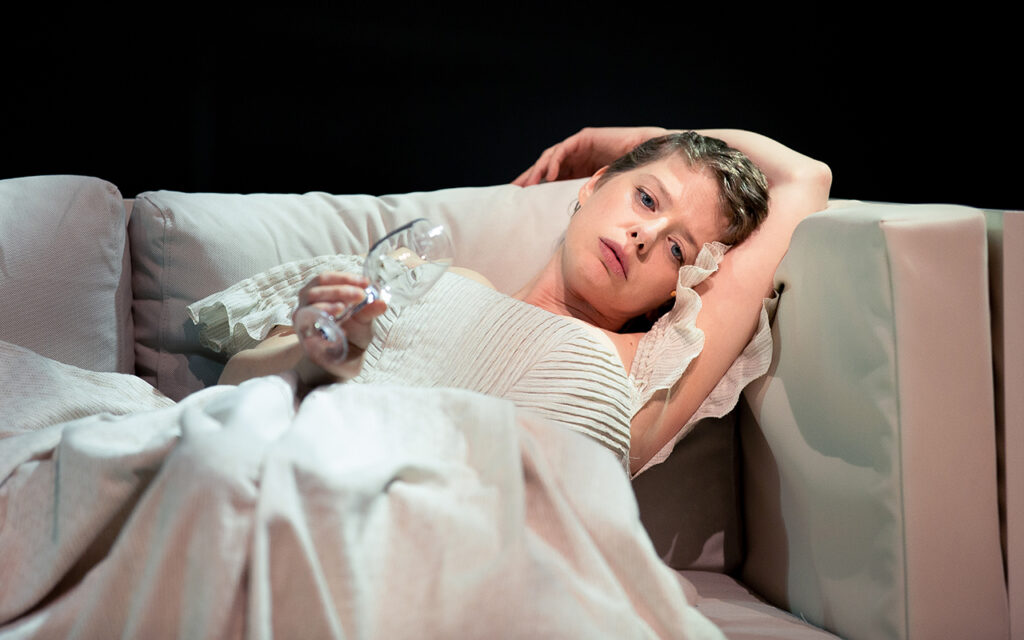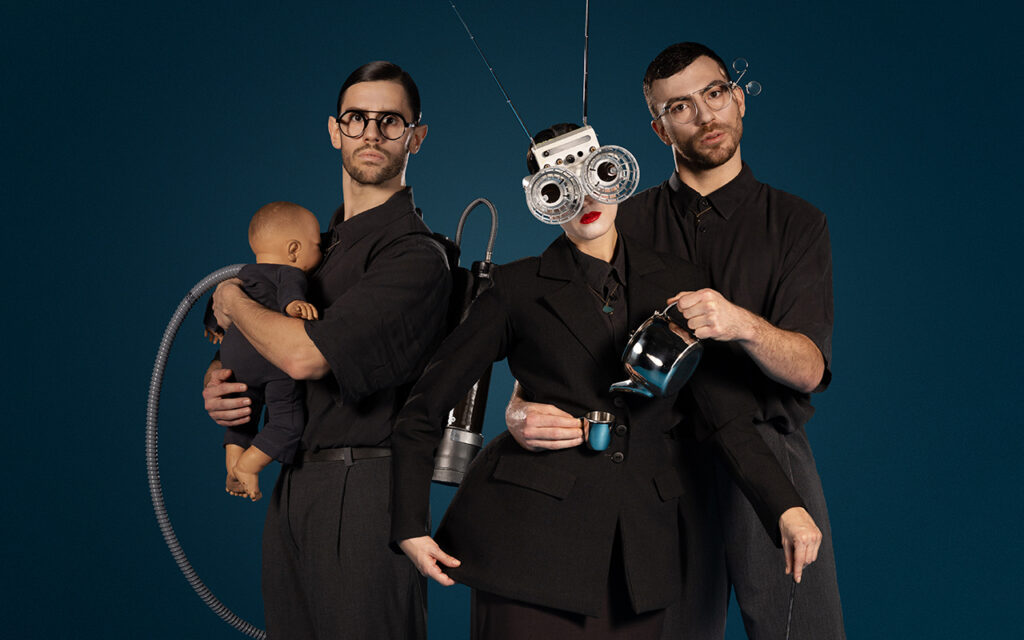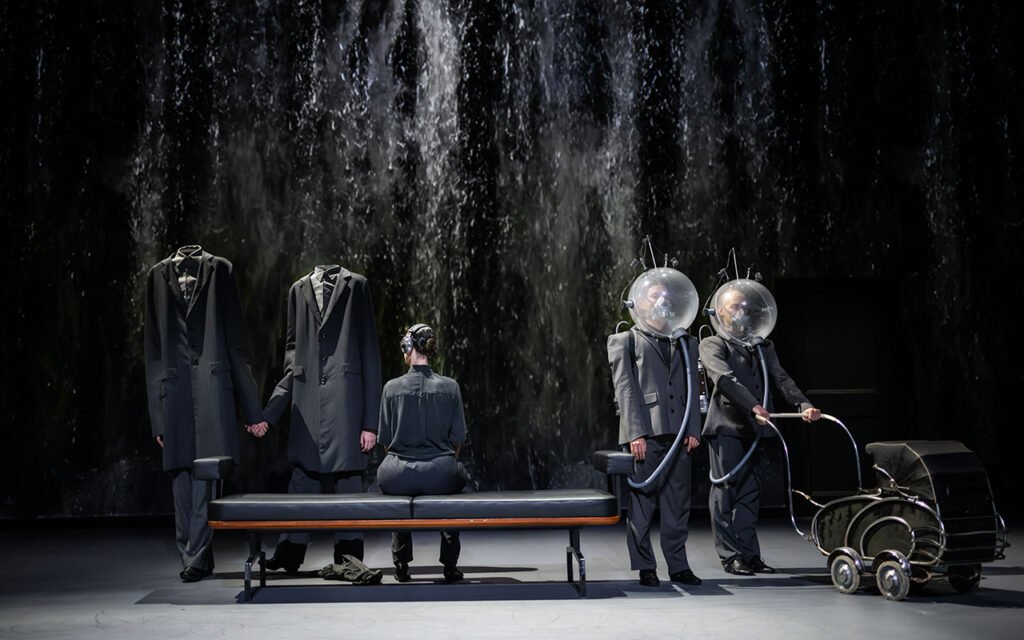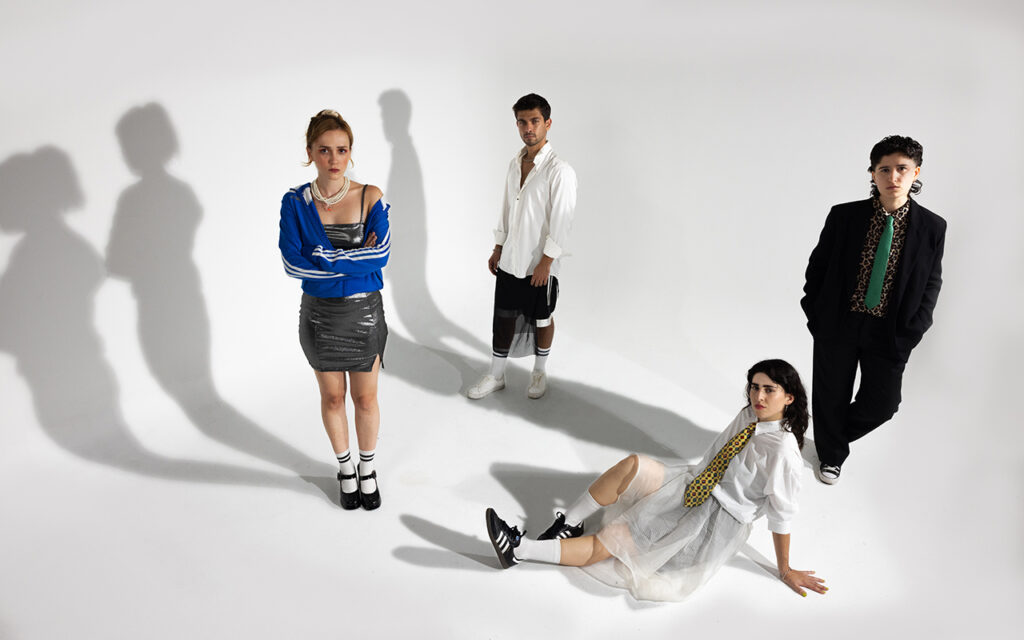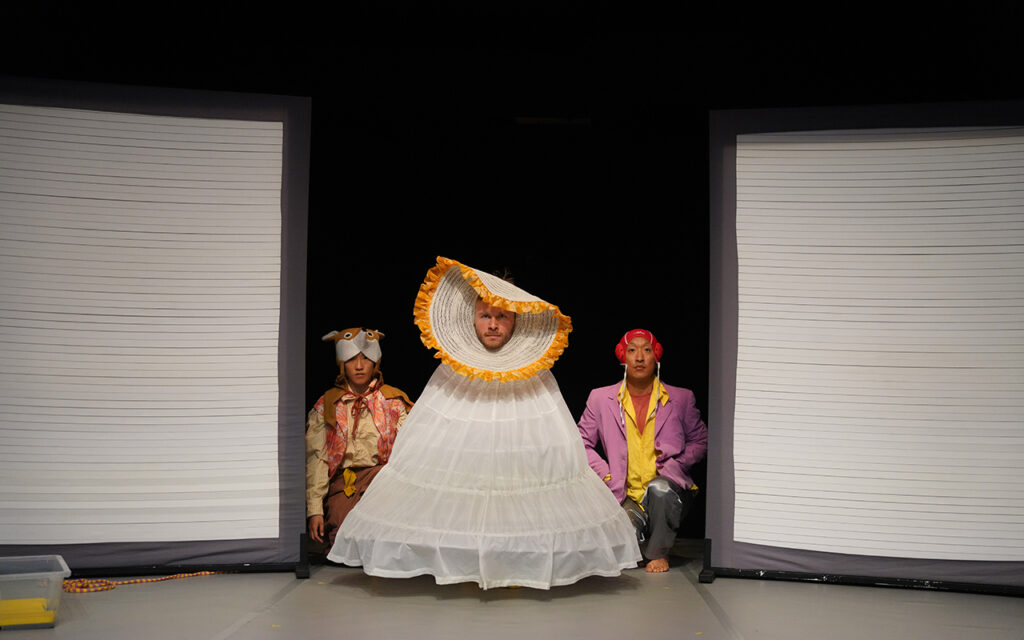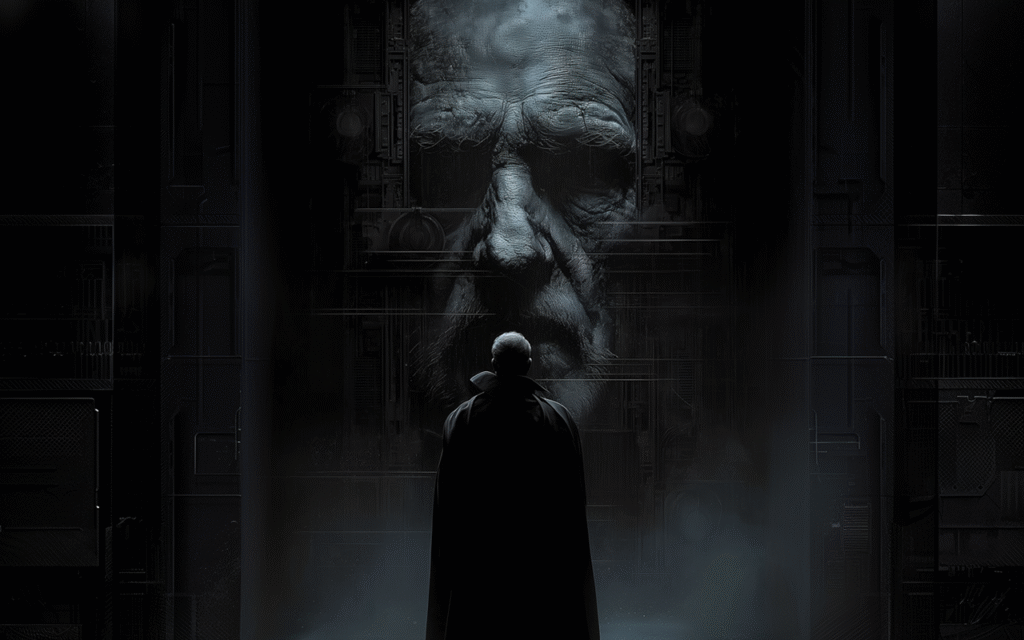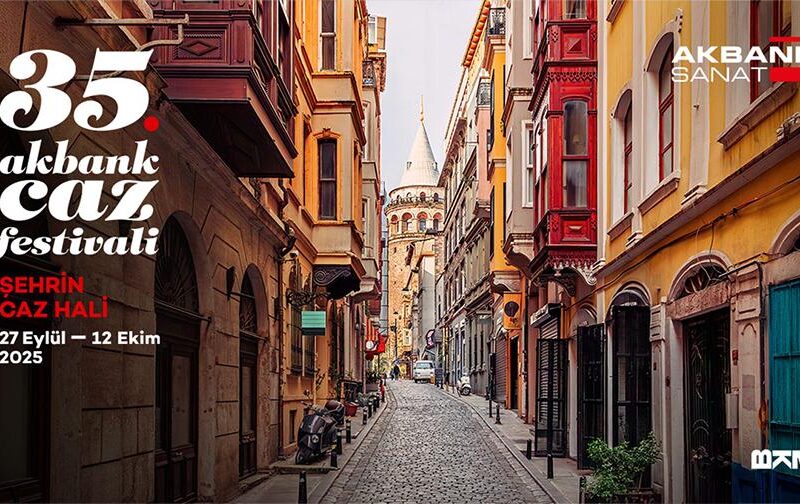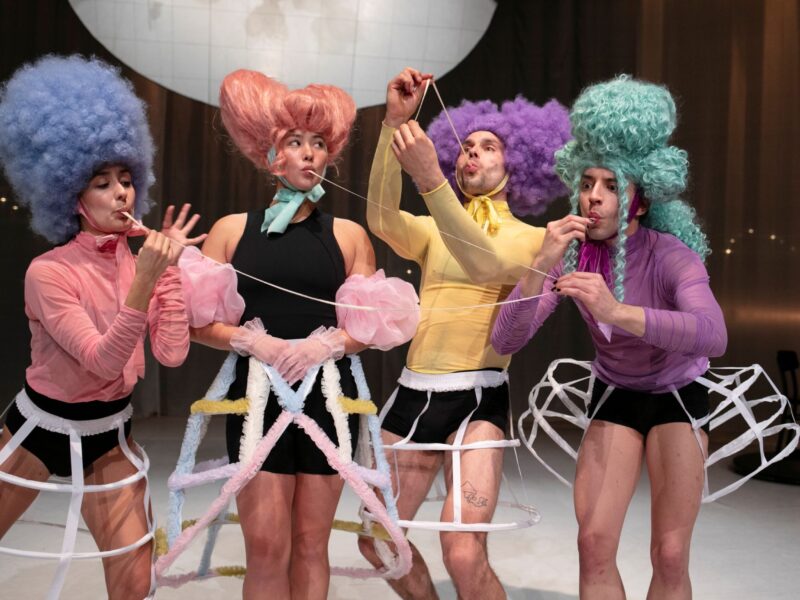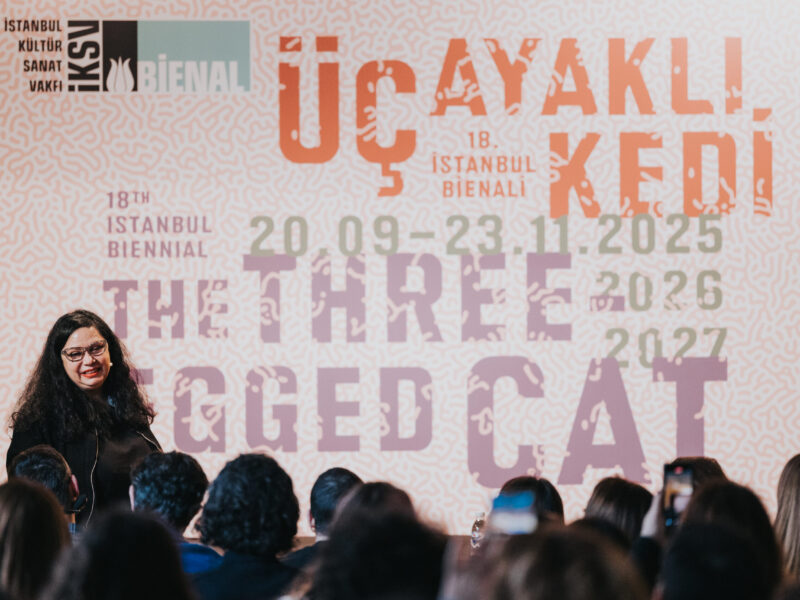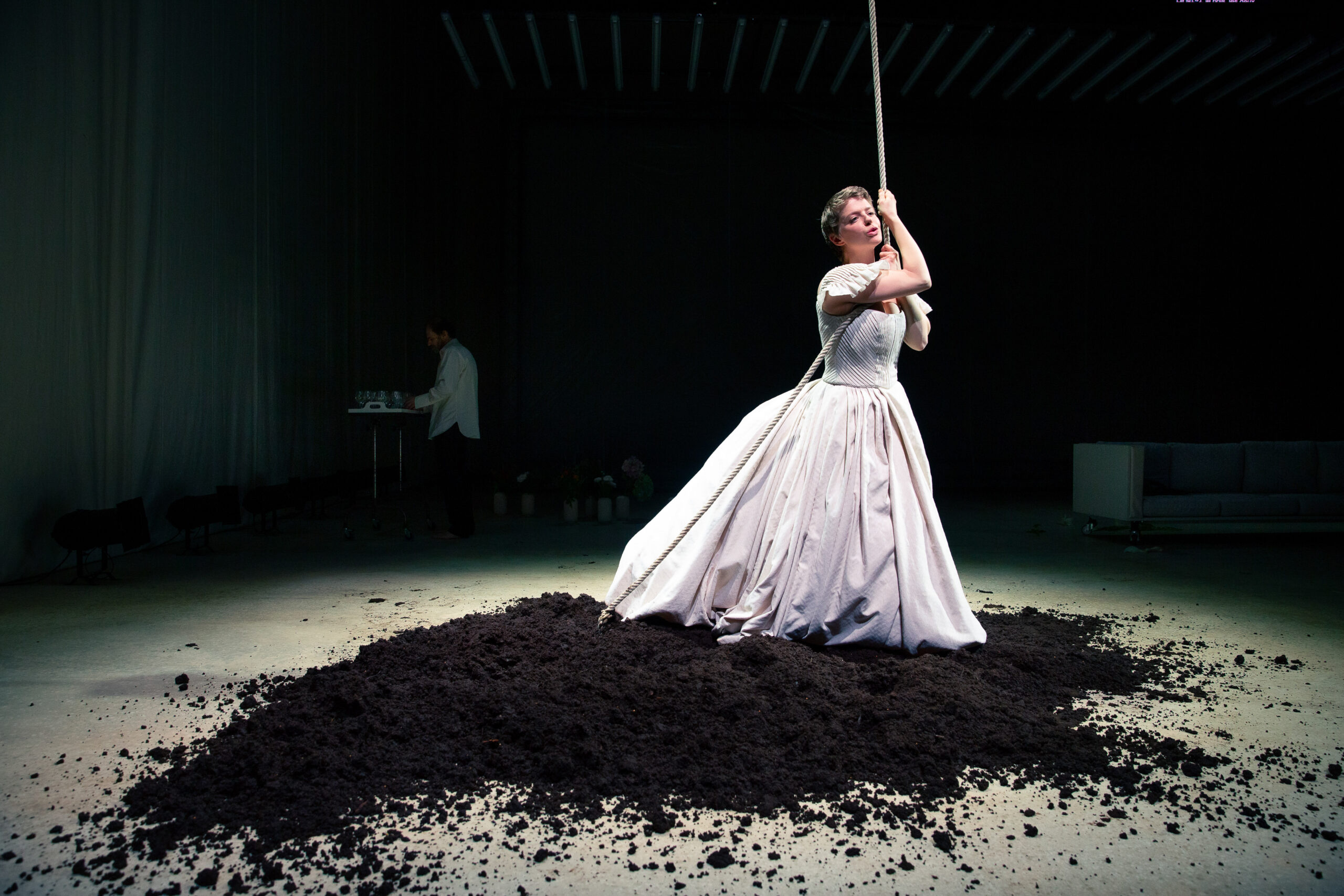
20 OCTOBER – 22 NOVEMBER | THE 29TH ISTANBUL THEATRE FESTIVAL
When theater season arrives every fall, Istanbul’s stages don’t just open their curtains —they inhale, stretch, and begin to dream. The 29th Istanbul Theatre Festival, running from 20 October to 22 November, turns the entire city into a living stage. Organized by İKSV and curated by Mehmet Birkiye, this year’s edition presents 16 productions — 10 local and 6 international —each boldly testing the limits of what theatre can be.
Even the venues tell a story: from the shimmering halls of Zorlu PSM and the classic grandeur of Harbiye Muhsin Ertuğrul Stage, to the contemporary pulse of Moda Sahnesi, the urban dynamism of Mecidiyeköy Stage, and the experimental spirit of Paribu Art, Alan Kadıköy, Beyoğlu Sineması, Beyoğlu Sports Club, a historic inn by the Golden Horn, the İMÇ textile market, and Metrohan. In total, 11 different venues across both sides of the Bosphorus are hosting the festival this year, blending Istanbul’s old and new, East and West.
The curtain rises with “Cathedral” by Scapino Ballet Rotterdam, choreographed by Marcos Morau. Set to the ethereal music of Arvo Pärt, the performance builds like a structure of light and silence — a bodily prayer that transforms space into spirit. Then comes “Who Are We?” by the French-Catalan collective Baro d’evel, an astonishing fusion of dance, circus, theatre, music, and clowning. The piece explores how we move together, remember together, and act together —even in times of crisis and fragmentation.
Among the international highlights, Belgium’s Royal Flemish Theatre KVS presents “Bovary” —a sharp, feminist reinterpretation of Flaubert’s classic that strips away the frills of romantic tragedy to expose the restless inner life of a 21st-century Emma. Meanwhile, “The New York Trilogy”, a bold stage adaptation of Paul Auster’s postmodern detective stories, blurs the lines between author and character, fiction and reality, inviting the audience into a maze of identities and coincidences that feels as enigmatic as the city itself.
One of the most talked-about international pieces is “Hamlet” by Teatro La Plaza from Peru. Performed byeight actors with Down syndrome, this version of Shakespeare’s classic shifts from revenge to revelation —a poetic and radical reimagining of who gets to tell the story. It’s not only theatre but a manifesto of inclusivity and presence.
On the local front, the energy is equally striking. The Ankara State Theatre’s “Faust” gives Goethe’s timeless drama a fresh and contemporary face, probing the eternal tension between knowledge and morality, desire and conscience. “A Woman’s Battles and Transformations”, adapted by Moda Sahnesi from Édouard Louis’s work, brings to the stage the quiet resilience of working-class women —a story of invisible labor, love, and survival that feels both tender and defiant.
And then there are the festival’s site-specific surprises — performances that spill out of traditional stages into the city itself. “Istanbul Mon Amour: Pera’s Dark Room” invites audiences on a nocturnal walk through the hidden memories of Beyoğlu. “Open House”, set inside a shop in the İMÇ complex, blurs the line between private and public life. Meanwhile, “On the Trail of Love in Istanbul: The Case of Circassian Ridvan’s Intrigue” unfolds along the Golden Horn like a participatory detective story, mixing theatre, history, and urban myth.
This year’s festival doesn’t simply stage performances — it animates the city’s veins. At any moment, you might stumble upon a scene on a staircase, a monologue at a ferry terminal, or a whispering chorus in a courtyard. Because this season, theatre isn’t just happening in Istanbul —Istanbul itself becomes the theatre.
For more details and the festival program: tiyatro.iksv.org/en
 English
English



